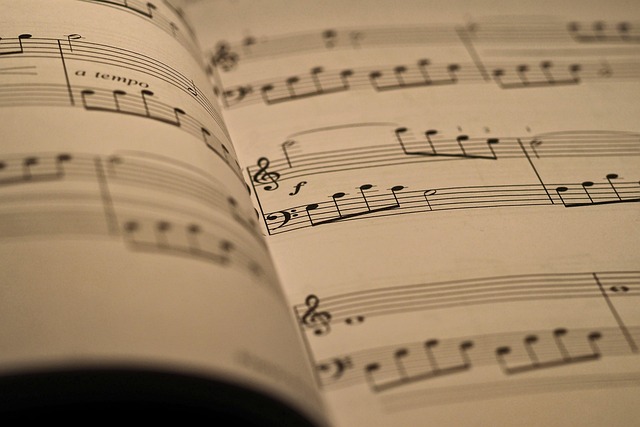https://aiode.com/product are transforming music production by providing artists with advanced sound design, composition capabilities, and creative freedom. These tools, powered by machine learning, analyze vast datasets to generate melodies, harmonies, and entire tracks, while also assisting in mixing, mastering, and song structuring. By democratizing access to professional-grade music creation, AI music tools save time, enhance efficiency, and encourage experimentation, benefiting both amateur and seasoned producers worldwide. However, ethical considerations regarding copyright, ownership, and bias must be addressed as these technologies continue to evolve.
“Discover the future of music creation with our comprehensive guide to AI music tools. In this blog, we explore how artificial intelligence is transforming the music industry, from composition and songwriting to mixing and mastering. Learn about the rise of AI in music production, understand key tools for beginners, and discover real-world success stories. Uncover the potential of these innovative AI music tools and their impact on musicians’ workflows.”
- The Rise of AI in Music Production: Unlocking Creative Possibilities
- Understanding AI Music Tools: A Beginner's Guide
- Enhancing Composition and Songwriting with Artificial Intelligence
- AI-Assisted Music Mixing and Mastering: Achieving Professional Sounds
- Ethical Considerations and the Future of AI in the Music Industry
- Real-World Success Stories: AI Revolutionizing Musicians' Workflows
The Rise of AI in Music Production: Unlocking Creative Possibilities
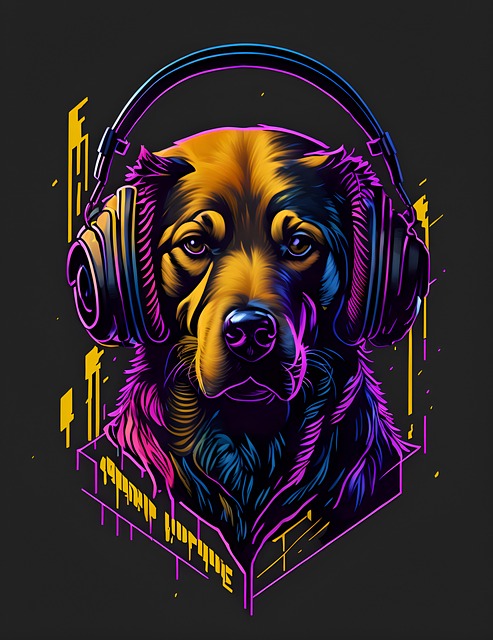
The integration of artificial intelligence (AI) into music production has sparked a new era of creativity and innovation in the industry. AI music tools are revolutionizing how musicians compose, arrange, and produce their art, opening doors to an array of possibilities that were once unimaginable. These advanced technologies can generate melodies, harmonize vocals, and even create unique soundscapes, all while adapting to individual artistic styles.
By leveraging AI, music producers can streamline their workflows, experiment with diverse musical genres, and push the boundaries of what’s achievable. With its ability to analyze vast amounts of data, AI enhances the creative process by offering fresh ideas, suggestions, and alternative perspectives. This not only saves time but also encourages musicians to explore new directions, fostering a dynamic and ever-evolving musical landscape.
Understanding AI Music Tools: A Beginner's Guide

AI music tools are transforming the way musicians and producers create, offering unprecedented access to innovative sound design and composition capabilities. These tools leverage machine learning algorithms to generate melodies, harmonies, and entire tracks based on user input and preferences. From generating initial ideas to refining complex arrangements, AI music tools cater to every stage of the creative process.
Beginners might be intimidated by the seemingly complex nature of these technologies, but many AI music tools are designed with usability in mind. User-friendly interfaces, intuitive controls, and a wealth of pre-set parameters make it easy for newcomers to experiment and explore. By understanding fundamental concepts like training data, generative models, and artistic control, musicians can harness the power of AI music tools to unlock new creative horizons and elevate their musical expression.
Enhancing Composition and Songwriting with Artificial Intelligence

Artificial intelligence (AI) music tools are transforming the way musicians and producers create and refine their compositions. These cutting-edge technologies offer a plethora of benefits, from generating melodic ideas to assisting in song structuring. AI algorithms can analyze vast musical datasets, enabling them to learn and mimic various styles, from classical to contemporary. This capability allows artists to experiment with unique combinations and gain fresh perspectives on their work.
One of the most significant advantages is the speed at which AI can compose and arrange music. It can quickly generate chord progressions, suggest melodic lines, or even create entire songs based on user input. Additionally, AI tools often include features for real-time feedback and iteration, allowing musicians to refine their creations as they go. With these ai music tools, the creative process becomes more accessible and exciting, opening up new avenues for artistic expression in music production.
AI-Assisted Music Mixing and Mastering: Achieving Professional Sounds
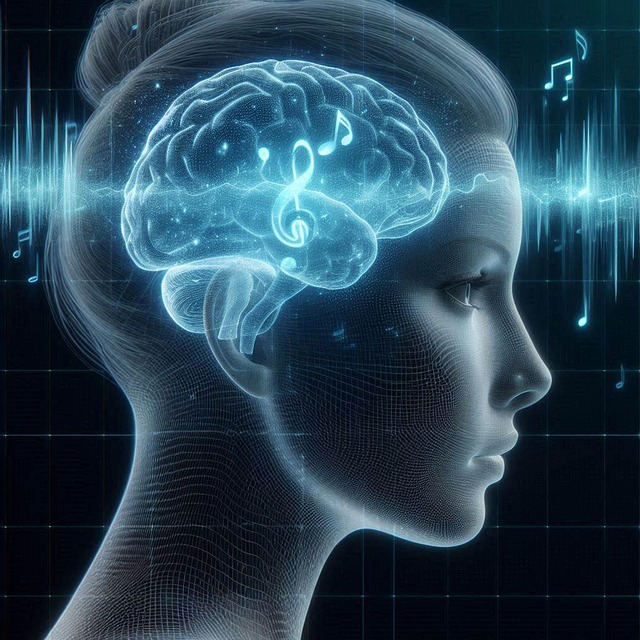
AI-assisted music mixing and mastering is transforming the way musicians and producers create professional sounds. By leveraging advanced algorithms, AI music tools can analyze and optimize audio tracks, offering precise adjustments in equalization, dynamics, and stereo imaging. These tools often come with pre-set presets designed by professionals, ensuring that users can achieve high-quality results without extensive knowledge of mixing techniques.
One of the key benefits of AI music tools for mixing and mastering is their ability to save time and streamline workflows. They automate repetitive tasks, allowing musicians to focus on creative aspects like composition and arrangement. Furthermore, AI algorithms can identify and enhance subtle details in the audio, ensuring that each element of a track blends seamlessly together. This level of precision and efficiency contributes to delivering professional-grade sound quality, making AI music tools increasingly popular among both amateur and seasoned music producers.
Ethical Considerations and the Future of AI in the Music Industry
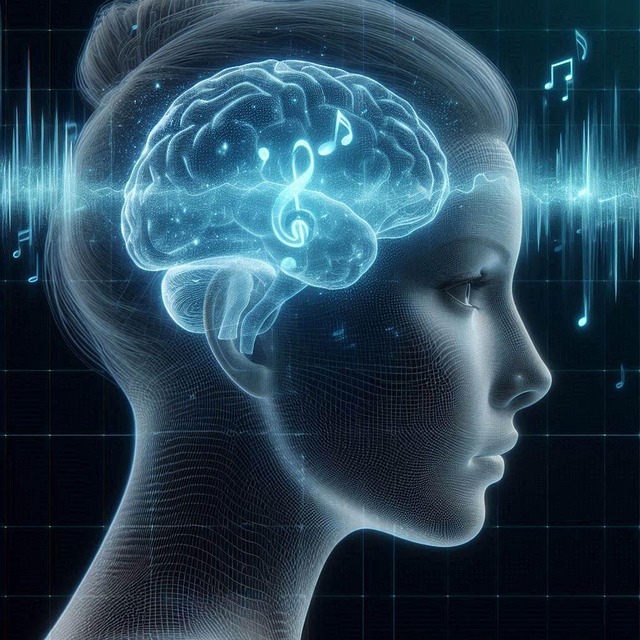
As AI music tools continue to evolve, it’s essential to consider the ethical implications for musicians and the industry as a whole. These advanced technologies offer immense potential to enhance creativity and streamline production processes. However, issues such as copyright, ownership, and the potential displacement of human artists demand careful attention. It’s crucial that developers prioritize transparency and ensure these tools do not perpetuate or exacerbate existing biases in the music industry.
Looking ahead, the future of AI in music promises both challenges and opportunities. By fostering collaboration between human creators and artificial intelligence, we can create innovative sounds and push musical boundaries. As AI music tools become more sophisticated, musicians must remain at the forefront of artistic direction, leveraging these technologies to express their unique visions while navigating the ethical complexities that come with such rapid advancements.
Real-World Success Stories: AI Revolutionizing Musicians' Workflows
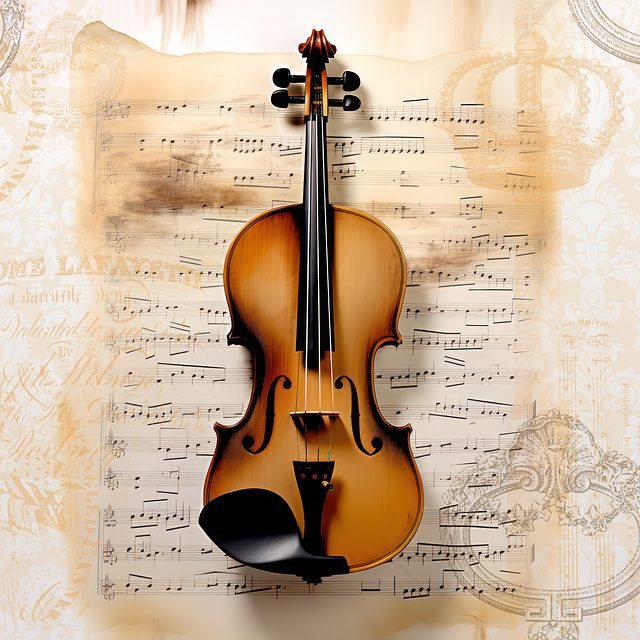
In recent years, AI music tools have emerged as a game-changer for musicians and music producers worldwide. These innovative technologies are transforming creative processes, enabling artists to streamline their workflows and achieve unprecedented levels of efficiency. From generating melodic compositions to enhancing sound design, AI is leaving its mark on the music industry. For instance, many successful artists now use AI algorithms to create unique instrumentals, saving them countless hours in the studio and allowing for more experimentation.
Real-world success stories abound, with musicians finding new ways to express their creativity. AI music tools have become indispensable, especially for those working independently or in smaller studios. These technologies offer a range of benefits, including quick sound prototyping, automatic music generation, and advanced audio editing capabilities. As a result, artists can focus more on their artistic vision and less on tedious tasks, ultimately elevating the overall quality of their work.
In conclusion, the integration of AI music tools has transformed the landscape of music production, offering musicians and producers an unprecedented array of creative possibilities. From composition and songwriting assistance to professional mixing and mastering, these tools are revolutionizing workflows while also raising important ethical considerations. As AI continues to evolve, its impact on the music industry is set to grow, opening doors for even more innovative and accessible musical expression. Embrace the future of music creation with the power of AI music tools.
